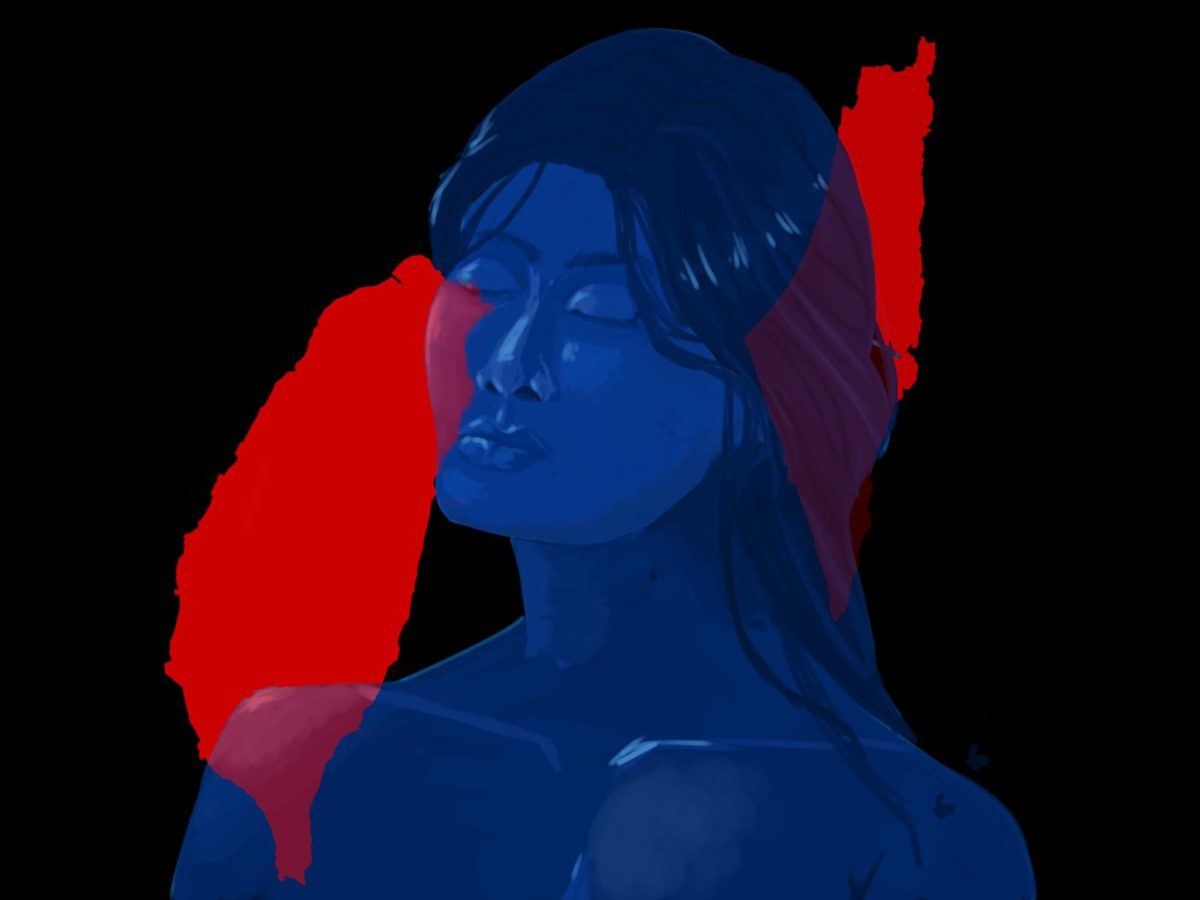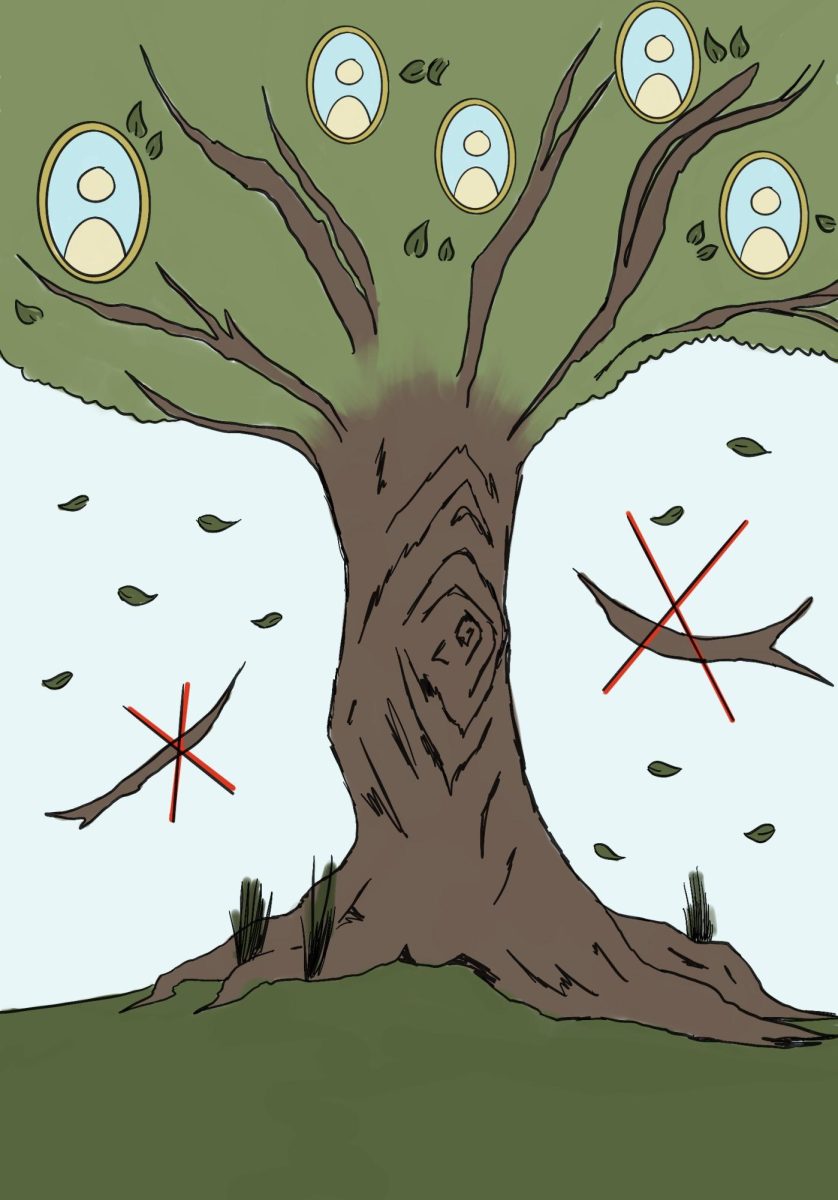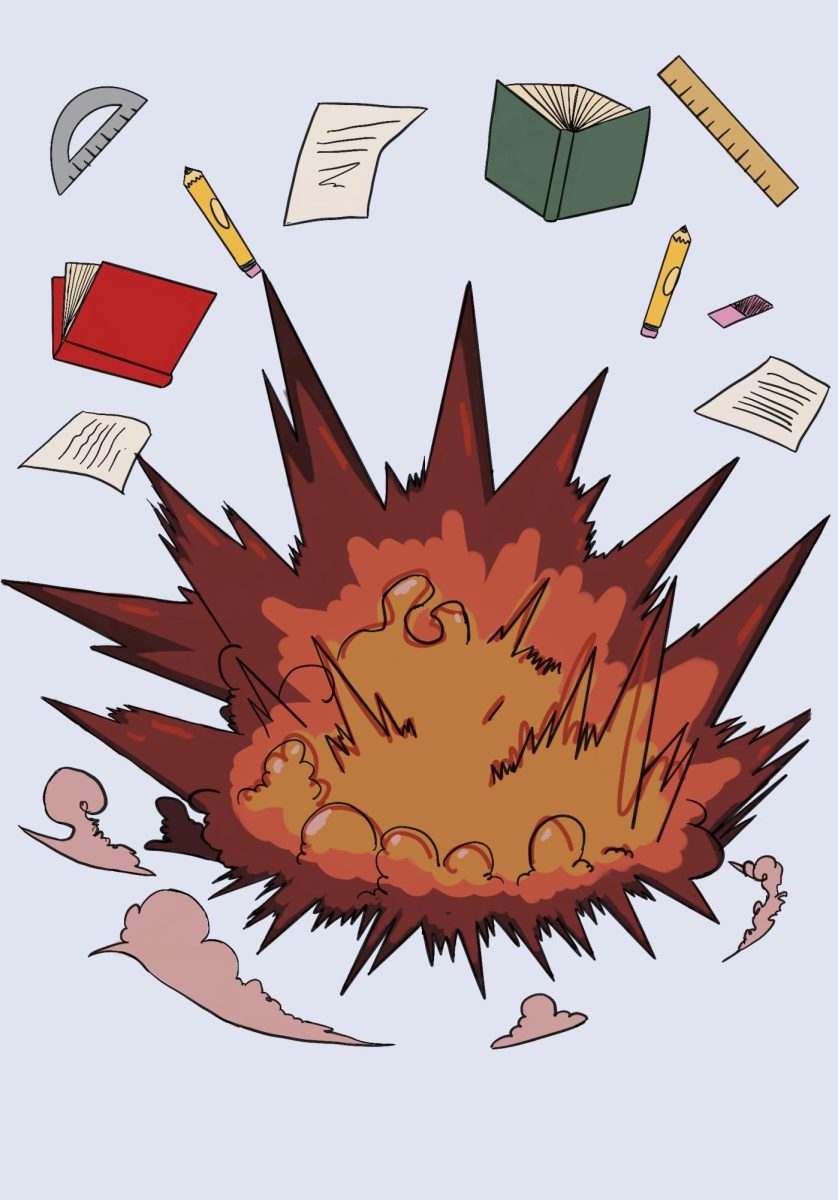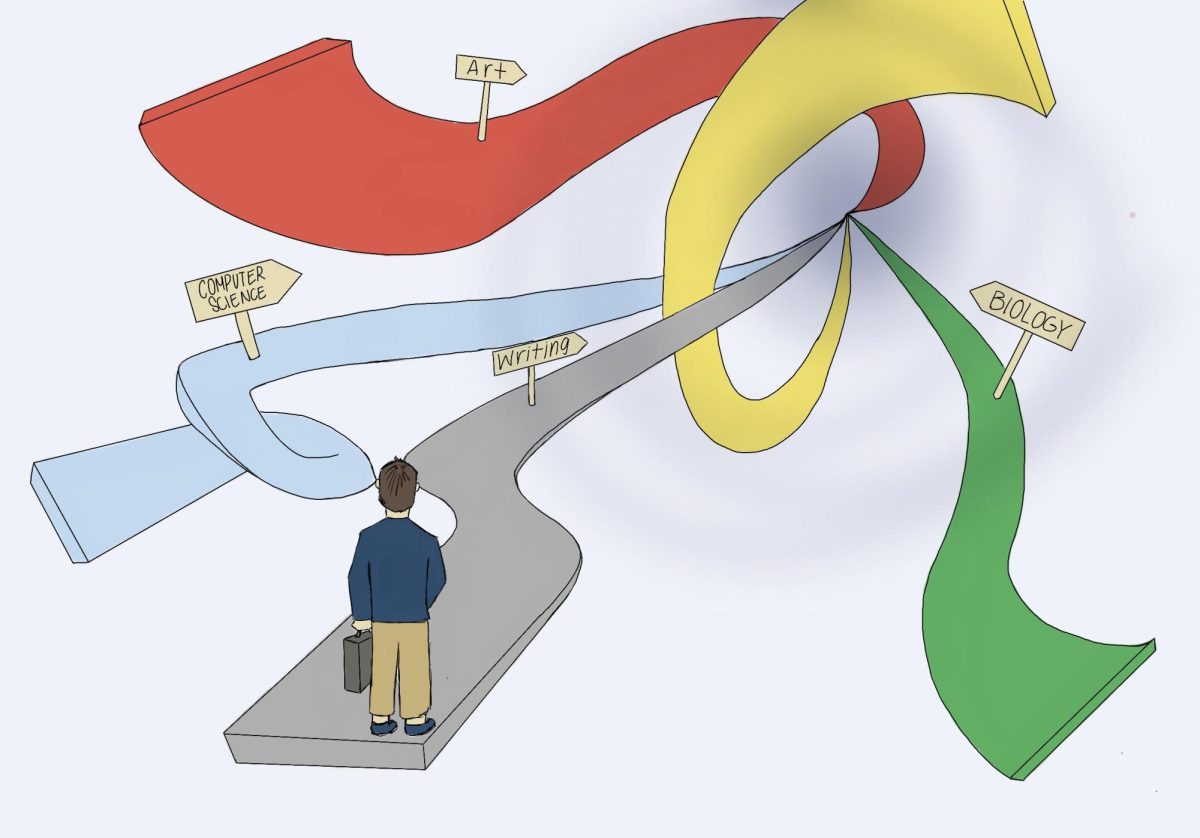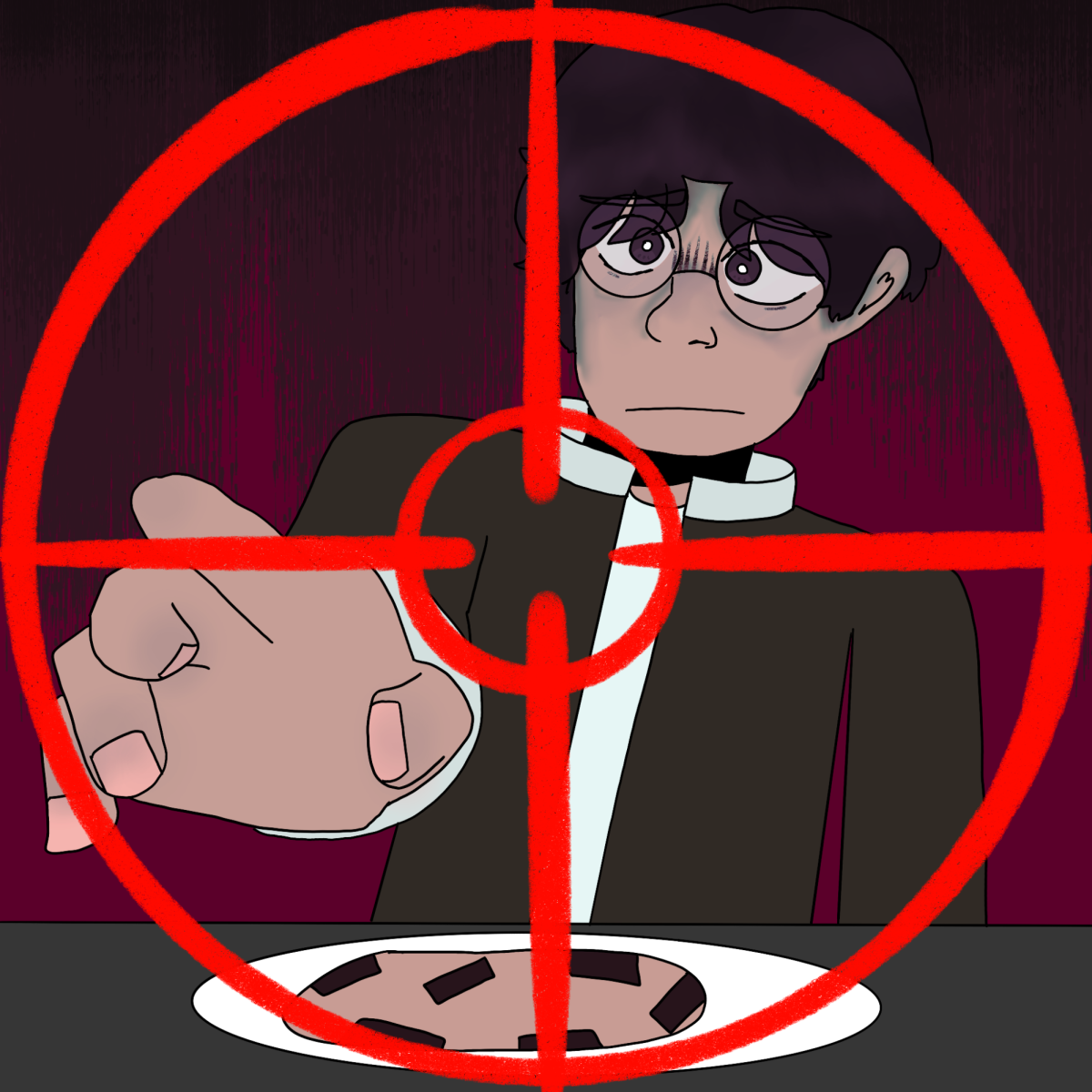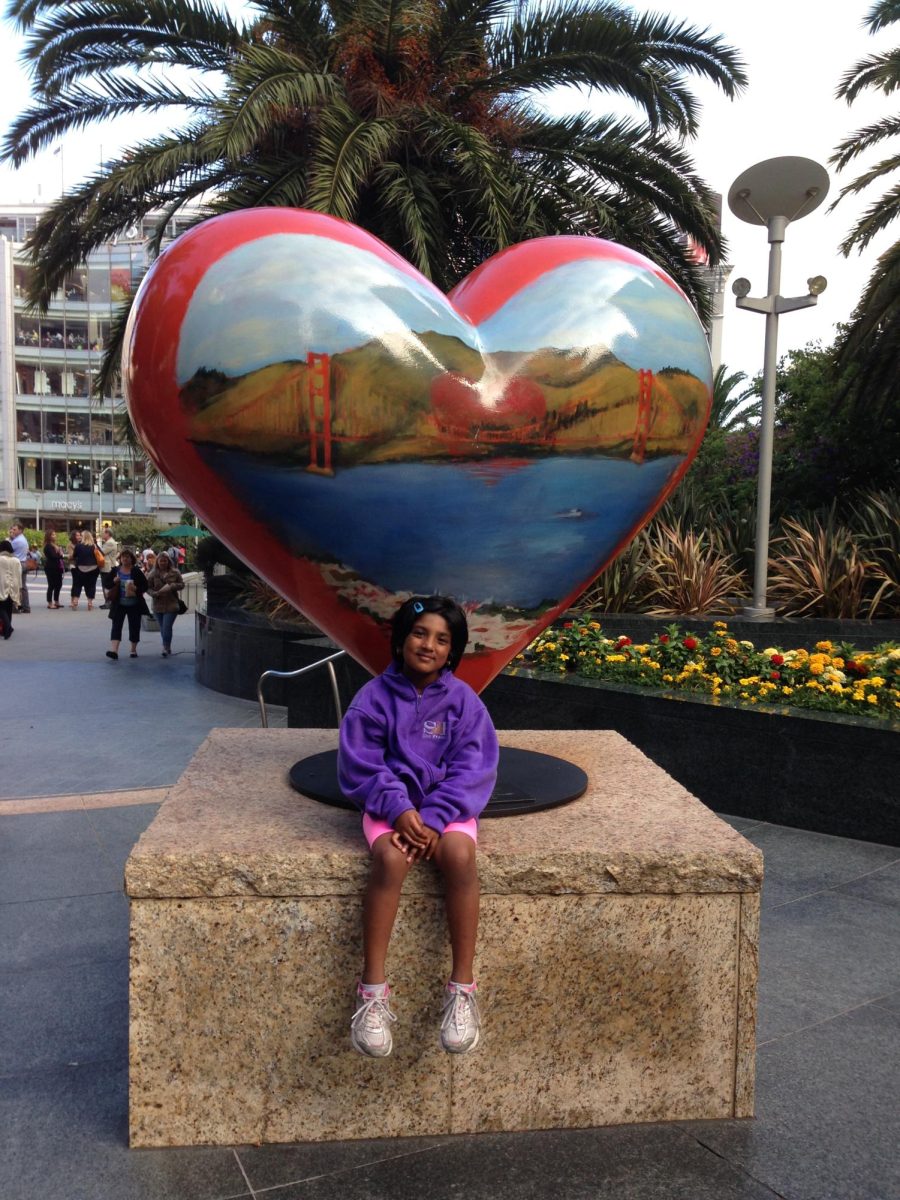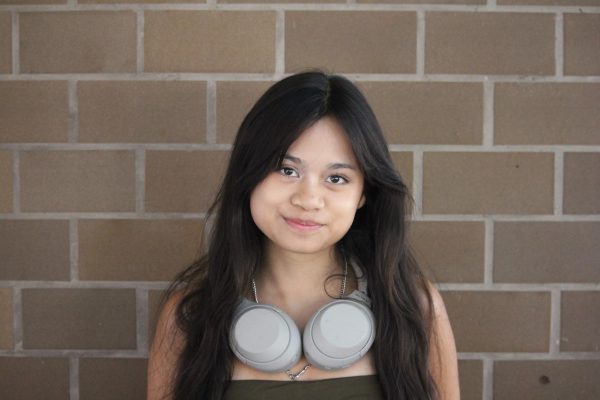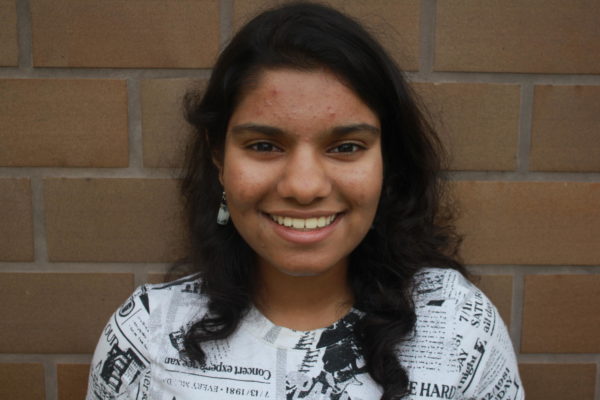“What are you?” A question many of us get throughout our lives, but one that has received interesting responses from those who get to hear my response. I am Palestinian and Taiwanese. Other than my siblings, I’ve never read about or met someone who shared both ethnicities.
I don’t expect any particular response, but often I get a variety of these: just the nod and moving on, the ecstatic smile while saying “That’s a cool mix,” and some people will argue with me about what “really” my ethnicity is. This last one, along with the accompanying facial expressions of confusion, sometimes even takes notable distinctions along with the order I present my ethnicity as Taiwanese and Palestinian vs. Palestinian and Taiwanese.
One of the most baffling experiences was when someone felt the need to “look up” if Taiwan was a country because they needed to prove a point. We were playing a guessing game of the flags in my bio. They had guessed China for one of them, and in turn, I just shook my head “no” as I had done with every other wrong answer. Later in the conversation, they had decided it was time to give in. I revealed it to be Taiwan’s, which seemed to be the wrong answer in their mind because a debate broke out over it.
Only a minute later someone who was listening told them to drop the conversation, not because they found it pointless but because he “shouldn’t make her mad.” So somewhere along the lines I have grown accustomed to the phrase “I’ll agree to disagree.” I find myself biting my tongue, swallowing my vexation, all because it is easier to do than believe this conversation is necessary.
Two ethnicities clouded with several similarities — the same continent, with cultures that value family, and whose very existence is questioned by political issues. Yet both of these are gaining very different feelings in American newsrooms because one is seen as an ally that must be defended, and the other is seen as the enemy of an ally that cannot be. I wonder how things would play out in the media if Taiwan was dealing with Israel, and Palestine was dealing with China. Would Taiwan be the “bad” one while Palestine would be “our ally.”
The traditional media may play its biases where one is seen as a democracy, which saw gay rights, a woman president, and universal healthcare well before the country we live in. The other is seen as a third-world country, where women are only property and can never lead a household let alone a country. But, there is also the reality that opposing forces communicate the ongoing conflicts differently.
Even as a Dougherty student far away from these conflicts, I am still a descendant of two cultures experiencing existential threats. When it comes to the Taiwanese, Chinese leadership tends to speak of the similarities of the people and the culture, arguing that they are the same and seeking to erase Taiwan’s identity. When it comes to the Palestinians, the rhetoric of the Israeli leadership has been that they are “animals.” There is no talk of sharing cultural roots, Semitic languages or even shared environmental concerns. These are two large parts of my identity that I live with, and they can’t be summed up with simple labels. If one part of me is “good” and the other “bad” so truly what am I?
The question of what I am maybe even more difficult to answer in the near future. As a Taiwanese Palestinian American, I am framed by what is happening in the current chapters of these conflicts that have existed well before I was born. They are just a fragment of my life, yet, anytime I get asked, there are a hundred follow-up questions that can make breathing even uncomfortable.
Not because I am uncomfortable with myself or even the questions themselves. Instead, it’s more so that I have to be careful with my responses so they can’t be taken out of context. I have had people learn what I am, and in turn, make racist comments. The same people whom I considered friends practically screamed that I had a bomb in my backpack the next minute. When it’s never acceptable to generalize people as criminals based on their ethnicity or race, there seems to be an exception to the rule when it comes to Arabs and Muslims in America. Terrorist is a word that ends all meaningful conversations and only demonstrates how ignorant the person who says it is.
I have no issue admitting that the places my ancestors came from could be lost to modern time wars and be absorbed by larger entities. Just as much as the one I was born and raised in belonged to people centuries ago. But I have an issue with others believing they have the right to define others by geopolitical location. Choosing to erase cultures because it is easier to collectively call different places one country than acknowledging the differences built within them, the differences that made them what they are.
DV is a place with many cultures, a diverse school where it is easy to meet someone of a background unlike yours. A perfect brewing spot for learning new facts, and gaining insight on a life you don’t live. So instead of jumping to group everyone together, sorting them into these big boxes that “fit enough,” allow people to take pride in who they are.

